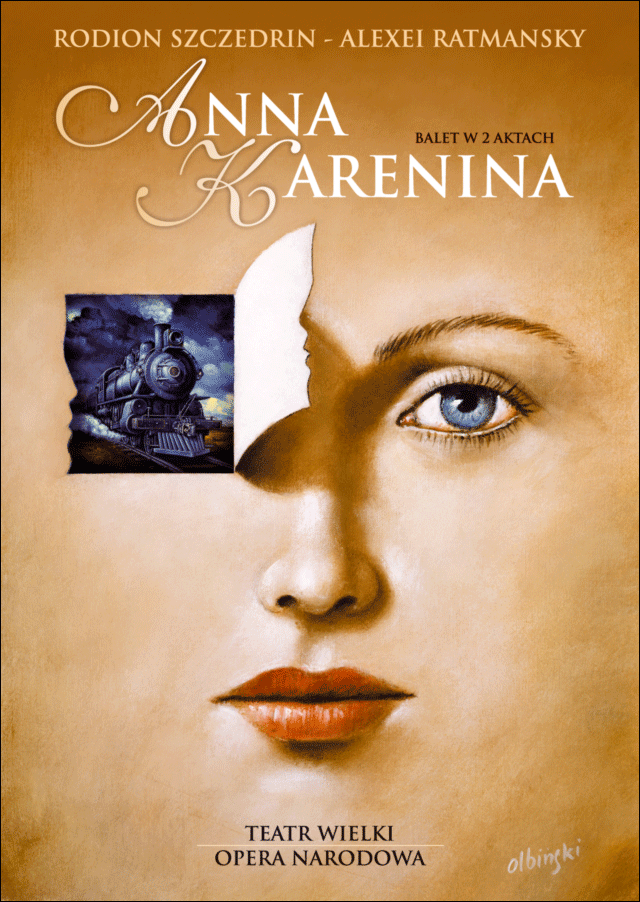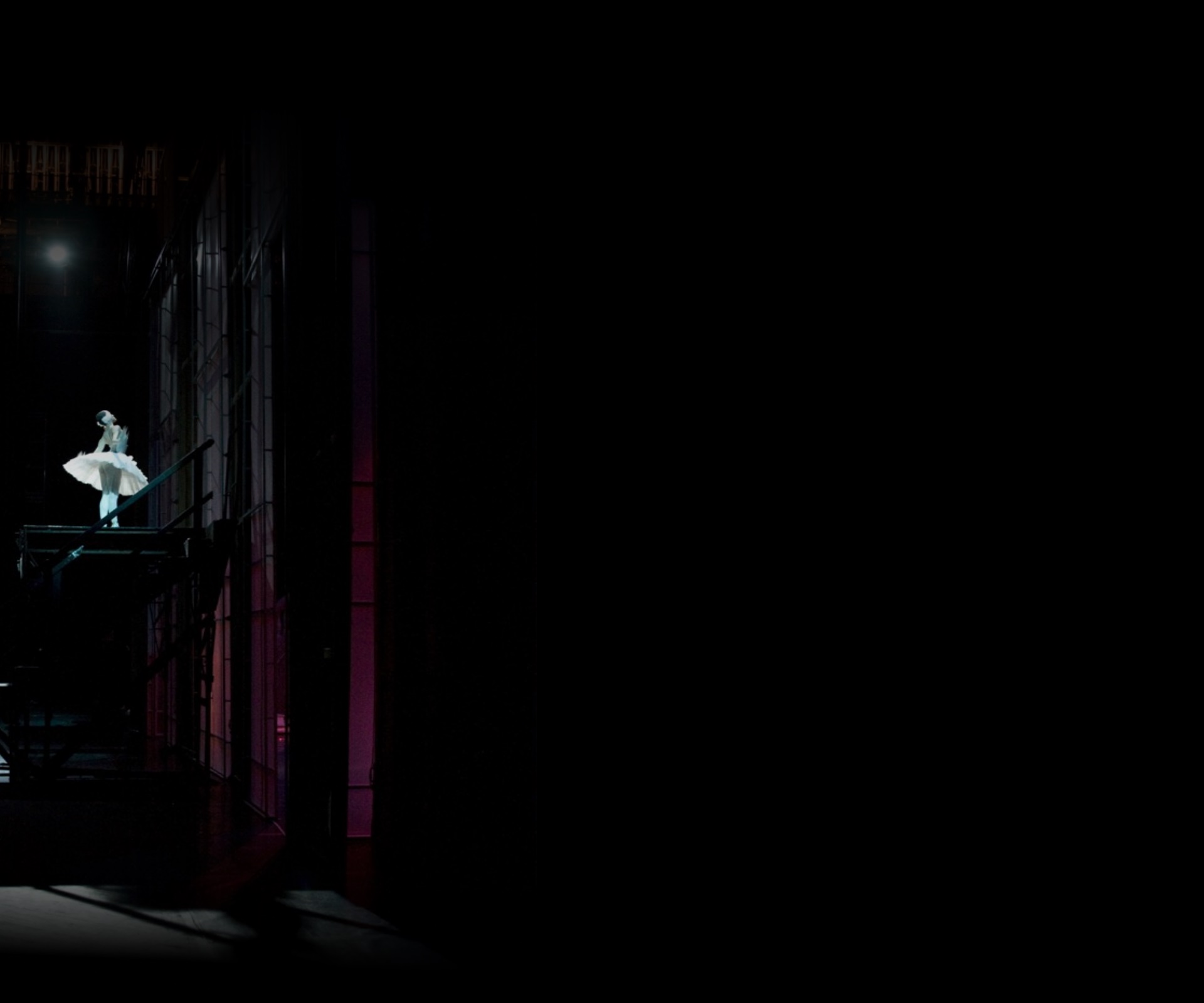 Ballet in two acts
Ballet in two acts
Music: RODION SHCHEDRIN
Choreography: ALEXEI RATMANSKY
Libretto: BORIS LVOV-ANOCHIN after Leo Tolstoy
Conductor: EVGENY VOLYNSKY
Set and costume design: MIKAEL MELBYE
Video visualisations: WENDALL K. HARRINGTON
Lighting: JØRN MELIN
Premiere: 19 November 2008
One of the most heart-rending love stories, drawn from great Russian literature. The dramatic story of a woman emotionally torn between the stable life of a wife and mother, and her passionate feelings for her lover. An uncontrollable surge of love in confrontation with a sense of responsibility for her family and the moral norms of 19th century Russia. Would things have been easier for Anna today in a similar situation – this is a recurring question despite the passage of time and the moral changes of the 20th century. The Russian composer Rodion Shchedrin provided a musical framework for Leo Tolstoy's celebrated novel for his wife, the legendary prima ballerina Maya Plisetskaya (1972). We, however, present this ballet in the contemporary version by the great Russian choreographer Alexei Ratmansky, former director of Moscow's Bolshoi Ballet, who recently joined the American Ballet Theatre. He produced this ballet in Copenhagen (2004) and then repeated it with success in Vilnius, Helsinki, Warsaw, Budapest, and lately also in St. Petersburg – with scenery and costumes on loan from our theatre. [pch]
Taking an old story, Alexei Ratmansky wanted to produce a modern show at the Polish National Opera. ... He knows that audiences expect different performances today than 40 years ago, when Plisetskaya was in her heyday, so he makes use of modern staging means. Video visualizations add to the sparing, symbolic sets, the show has a film-like pace, comprising short, flowingly changing episodes. ... The ballet version of Anna Karenina doesn't try to summarize Tolstoy's entire novel. It focuses on the heroine's tragic love for young Vronsky. Ratmansky knows there is no female dancer in the world today whose distinct individuality could equal Maya Plisetskaya's, and leads the plot so that the men are Anna's equals as characters: Vronsky and her husband Karenin who has no intention of relinquishing his rights. The story is universal, love triangles have always existed, they exist, and always will exist. [Jacek Marczyński, Rzeczpospolita]
Running time: 2 hrs





